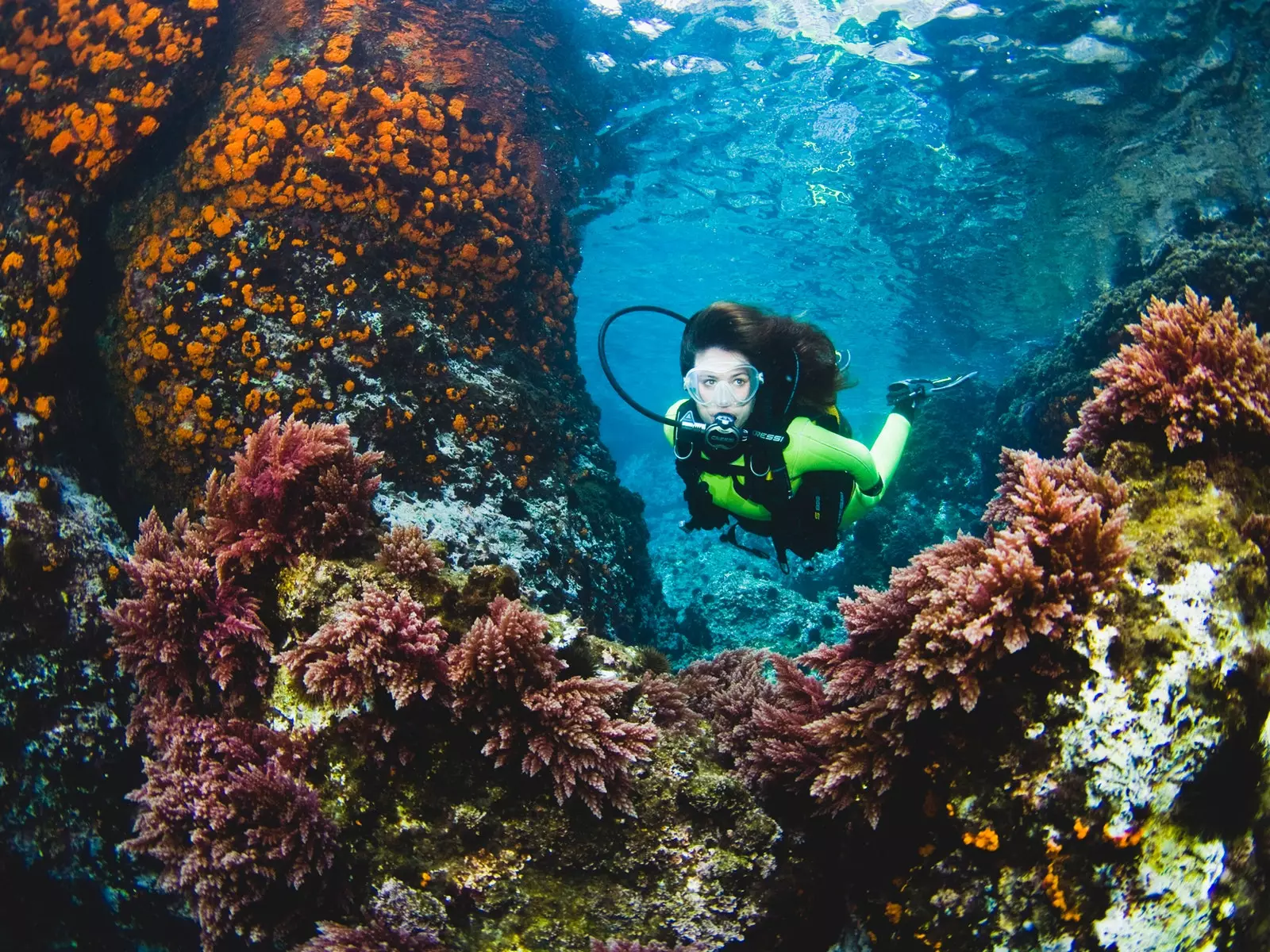
And you, are you a responsible diver?
Diving is an increasingly popular activity. Many travelers take advantage of their vacation days to immerse themselves in waters of all kinds to discover the beauty beyond the surface. Putting on a wetsuit and enjoying the seas and oceans is a way to connect with the nature of the place you visit.
However, before embarking on the adventure, there are a few things to keep in mind. Because diving, in addition to going in search of tropical fish or reefs of impossible colors, should also be an exercise in commitment to the nature that surrounds us.
It is important to enjoy diving, yes, but it is also important to do it responsibly, since, on many occasions, divers, without thinking, contribute to the destruction of seas and oceans. Here are a series of tips or attitudes that every responsible traveler should practice.
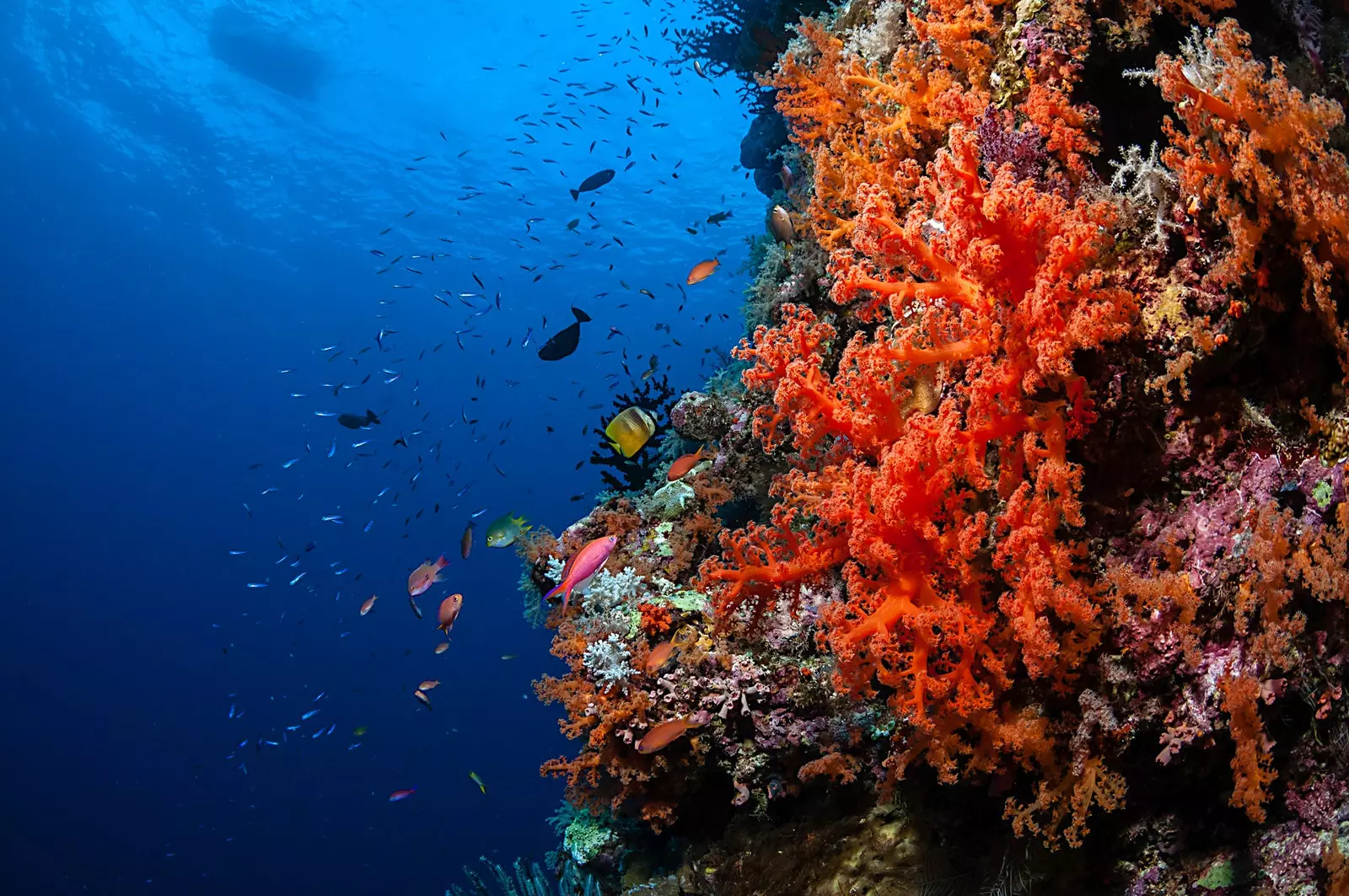
Make sure that the chosen company behaves responsibly!
BEFORE THE DIVE
- The traveler must ensure that the company chosen to dive behaves responsibly.
It is not if feed the fish to attract them and thus make the dives more attractive (and earn more money), if you leave your waste on the beach where you operate or if you go out with too many groups.
Do you moor on the seabed or use the buoys for your boats and boats? The traveler should not trust companies that promise to see this and that. In responsible diving, the traveler never knows what he is going to see exactly, since the seabed is unpredictable.
- You should ask about the diving area and its ecosystems.
If the chosen company does not know how to give a complete answer, it is because they are not interested in promoting responsible diving. A good dive operator knows more or less what fish can be found easily, the state of the coral or the seabed, the conditions of the waters...
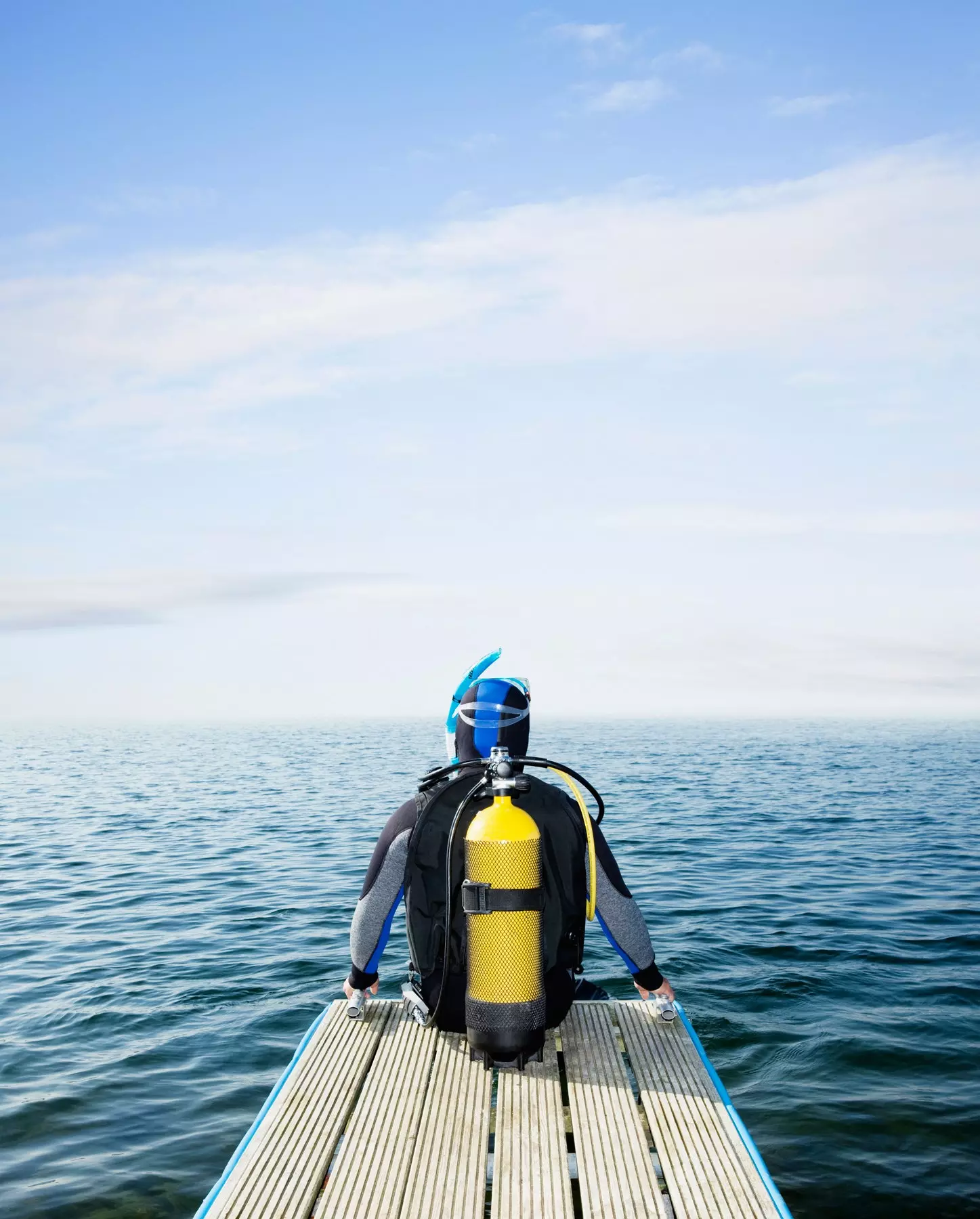
The company is not responsible if you go out with groups that are too large or feed the fish to attract them
- Needless to say anything about licenses to operate in the area.
Everything must be in order...if you don't see the licenses at the company's offices, ask for them and run away if they give you any excuse for not having them up to date.
- What is the relationship of the diving operators with the inhabitants of the area?
In Southeast Asia, for example, the vast majority of dive companies are controlled by Europeans. Try to find out if they have contracted locals, and if the working conditions are adequate.
It is important that diving companies promote good practices and contribute to the improvement of the local economy.
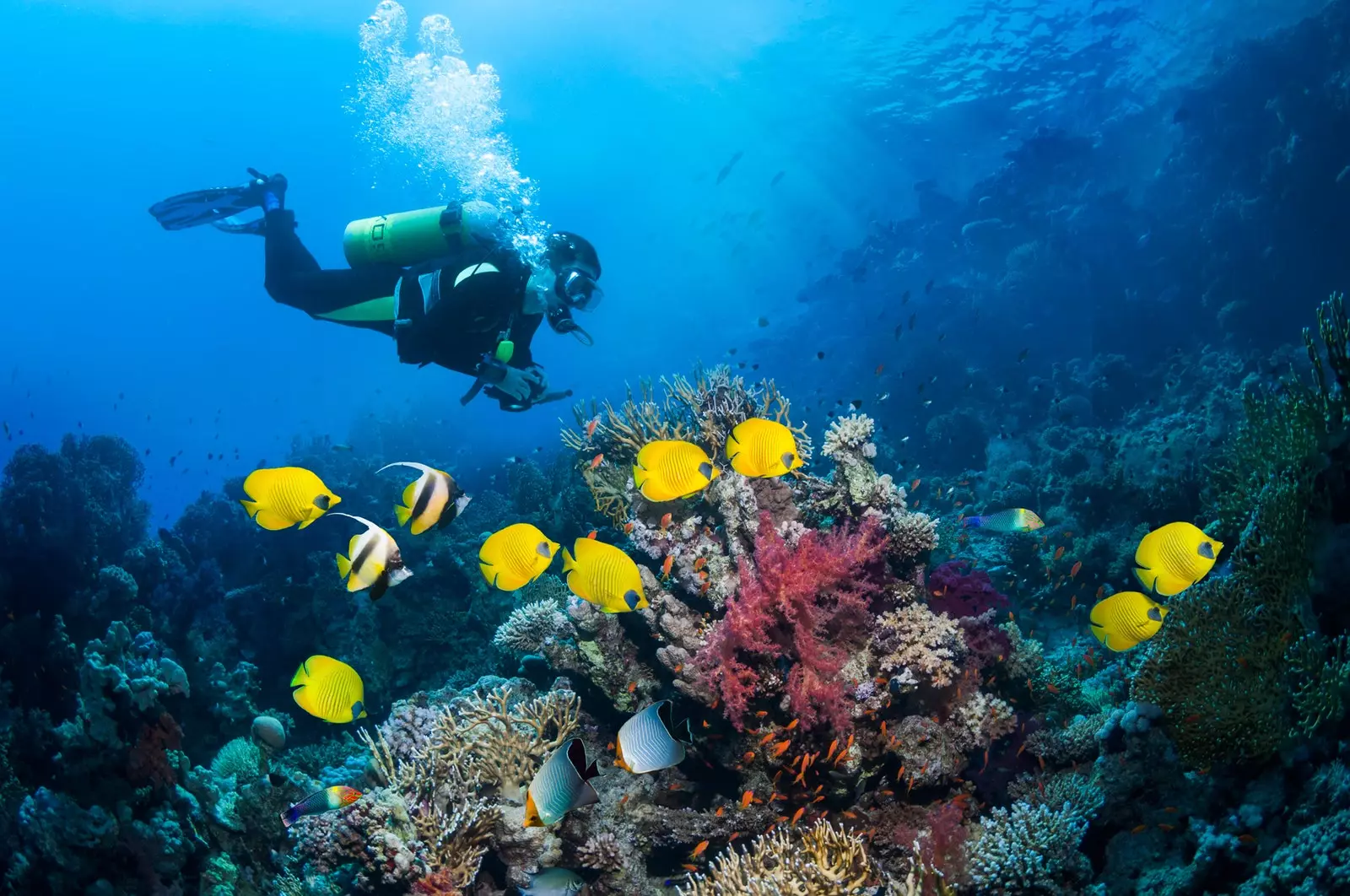
Look for the licenses in the office of the chosen dive operator. At the least excuse, run away!
DURING THE DIVING
- Common sense.
the diver you must not try to go after the fish or attempt to modify their behavior. If he just looks and observes the greatness of the seabed, he will have the best experience.
Above all, don't try to touch the fish , as it can be a danger to both the fish and the diver. Be a spectator and enjoy.
Yes, it is true that it is curious to see how the clownfish defends its anemone when your hand approaches, however, it is not a recommended practice, since the fish is being scared, that he will feel threatened, and putting him in a situation of stress.
- Never should the diver feed the fish that you find during your dive. The same is not necessary to comment, but it never hurts.
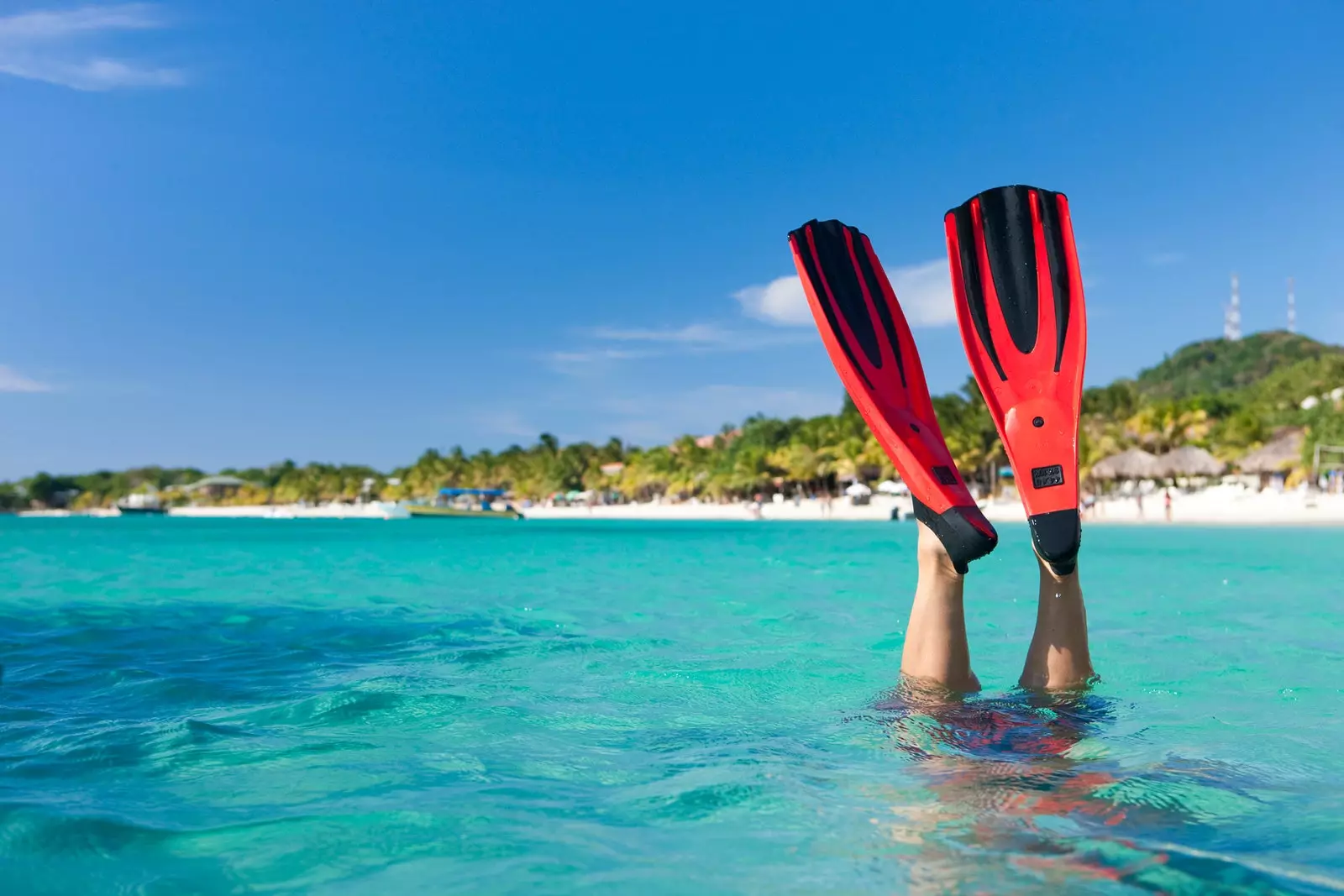
The most important thing while diving: always use common sense
- Do not touch the coral, it is extremely fragile.
Do not take anything home as a souvenir. Try to keep the experience in your memory without the need to take anything from the seabed.
- If you find trash during your dive, pick it up, even if it's not yours.
Some divers take a plastic bag and during the dive they collect the waste that they find and that does not belong to the ecosystem: plastics, cans and other waste of human origin. It is an exercise of responsibility, commitment and common sense.
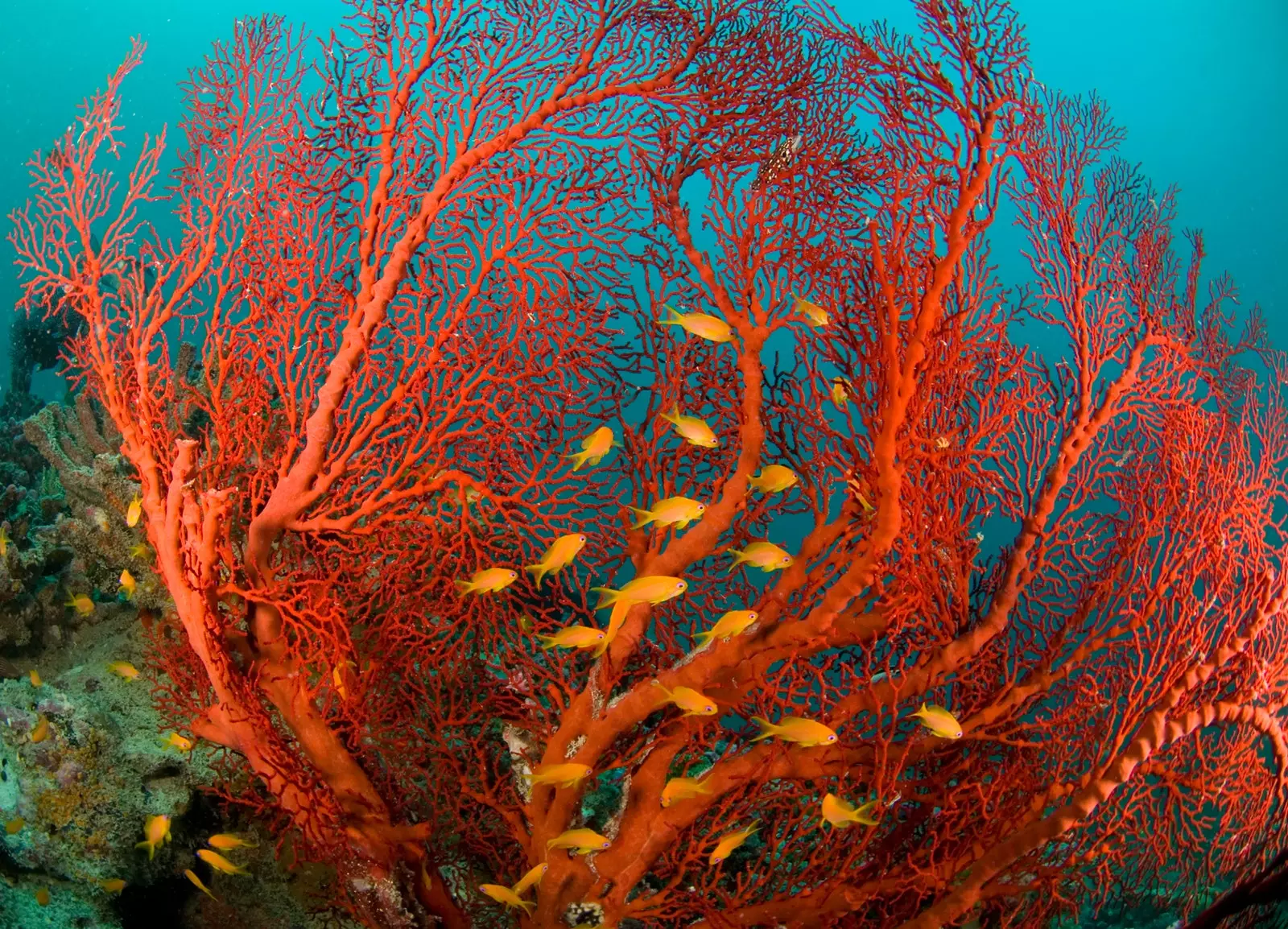
Do not buy red coral, that only contributes to the death of the reefs
AFTER THE DIVE
- Record everything you have seen in your Dive Log.
It can be useful for future reference in case you return to the area a few years later and for the dive company to have proof.
When diving several times in the same place with a time difference, quite a few ecosystem changes (most of the time, to verify that there is more dead coral, that some fish have disappeared or that there is more dirt on the seabed) . It is advisable have reference of all dives.
- Collect all your material.
- Do not buy red coral.
Red coral is very attractive, especially in the form of jewelry (earrings, pendants, rings...). Nevertheless, your purchase only contributes to the disappearance of reefs and the death of oceans and seas. In many diving destinations you will find stores that sell it, pass by and buy another type of souvenir.
Having said that, long live diving, marine ecosystems and waters around the planet! Let's take advantage of this gift of nature to learn and be better travelers and people and let's not waste the possibility of these great experiences that life offers us.
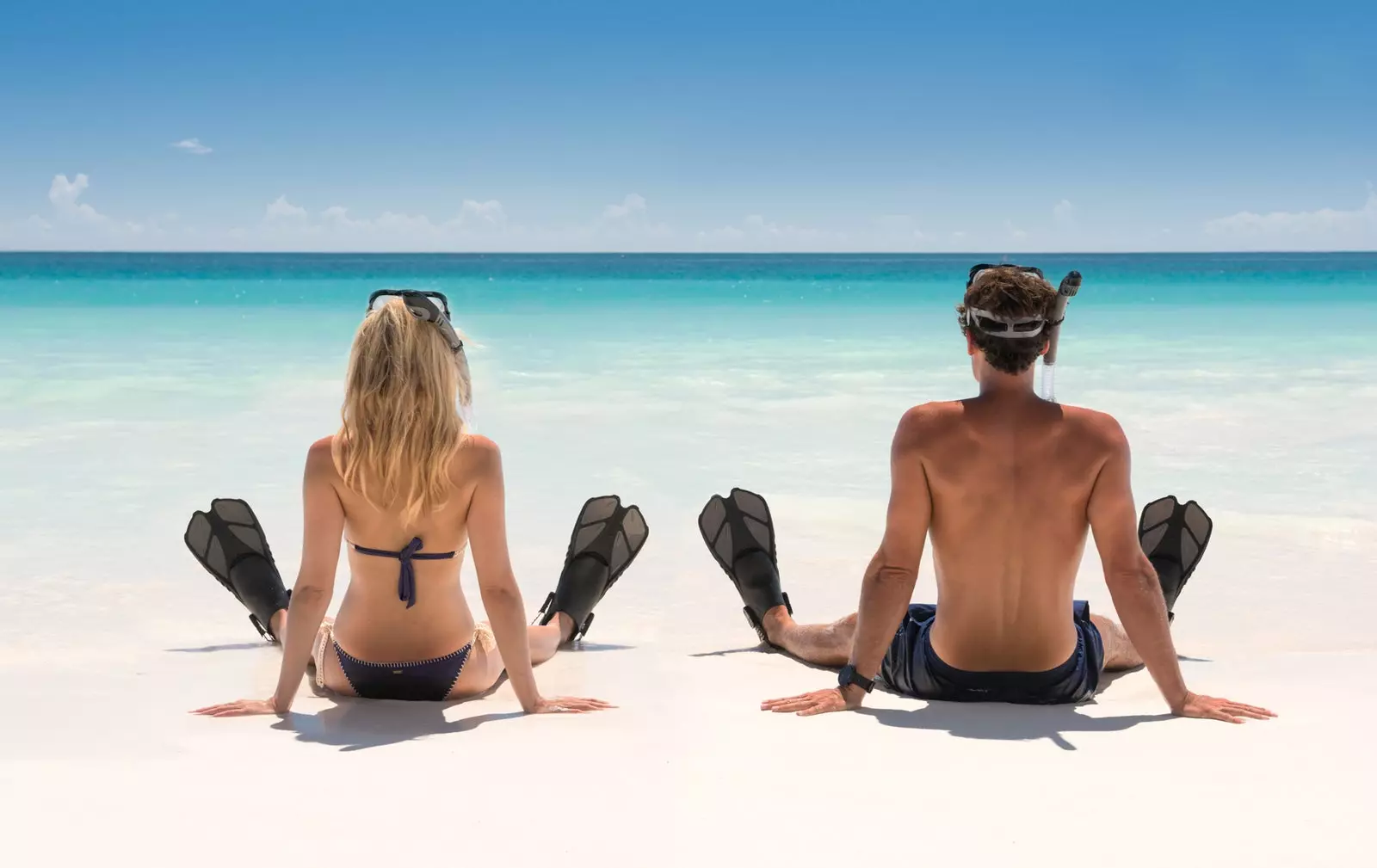
Diving taking care of the ocean is possible!
